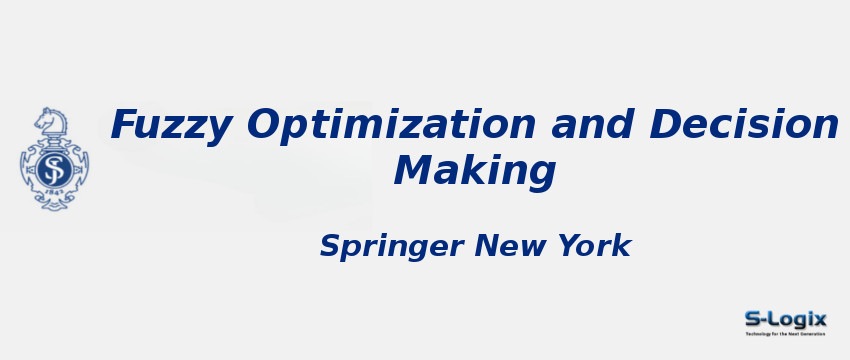Journal Home: Journal Homepage
Editor-in-Chief: Shu-Cherng Fang
Print ISSN: 1568-4539
Electronic ISSN: 1573-2908
Abstracting and Indexing: Science Citation Index Expanded, Scopus.
Imapct Factor 2024: 7.4
Subject Area and Category: Computer Sciences, Philosophy, Mathematics
Publication Frequency: Quarterly
H Index: 68
Q1: Artificial Intelligence
Q2:
Q3:
Q4:
Cite Score: 12.7
SNIP: 2.393
Journal Rank(SJR): 2.171
Latest Articles: Latest Articles in Fuzzy Optimization and Decision Making
Guidelines for Authors: Fuzzy Optimization and Decision Making Author Guidelines
Paper Submissions: Paper Submissions in Fuzzy Optimization and Decision Making
Publisher: Springer US
Country: Netherlands
